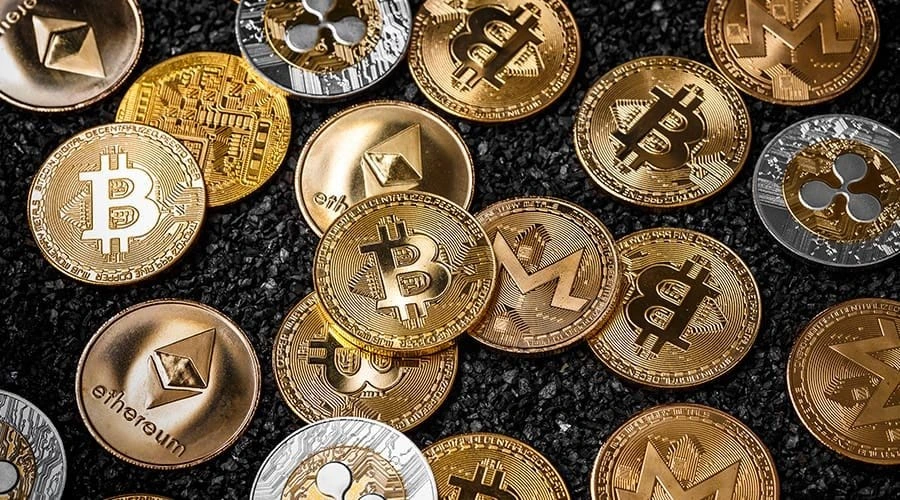PROTECT YOUR DNA WITH QUANTUM TECHNOLOGY
Orgo-Life the new way to the future Advertising by AdpathwayBrazil’s telecom company Oi is facing a new financial crisis, just a year after its last debt restructuring plan. On July 1, 2025, Oi asked for a six-month break from payments because it is short R$ 2 billion ($370) in cash.
This request comes after creditors approved a second recovery plan in April 2024. The main reason for this cash shortage is a failed business sale. Oi planned to sell its fiber optic business to V.tal for R$ 7.3 billion in cash.
Instead, the deal brought in only R$ 5.4 billion, mostly through debt settlement and shares, leaving Oi R$ 1.5 billion short. This gap is the biggest reason for Oi’s current financial trouble.
Marcelo Milliet became Oi’s president in December 2024. He was brought in by creditors who now control the company after converting their loans into shares.
These new owners include foreign investment funds Pimco, SC Lowy, and Ashmore, each holding 5% of Oi. Milliet’s background is in managing companies through financial crises, not in running telecom operations.
 Oi’s Debt Crisis: Brazil’s Telecom Giant Struggles to Stay Afloat. (Photo Internet reproduction)
Oi’s Debt Crisis: Brazil’s Telecom Giant Struggles to Stay Afloat. (Photo Internet reproduction)Another setback for Oi was a four-month delay in ending its fixed-line telephone service. The company had to keep its old, expensive network running longer than planned, which blocked important cost cuts.
This delay also allowed Oi to stop providing unprofitable rural services, but it reduced service quality in remote areas. Oi’s financial results show the strain.
In the first quarter of 2025, the company reported a negative EBITDA of R$ 445 million, mainly due to costs from its old copper network. In the last quarter of 2024, Oi lost R$ 2.9 billion, six times more than the same period in 2023.
Revenue dropped 17.5% to R$ 1.9 billion. Despite these losses, Oi posted a yearly profit of R$ 9.6 billion in 2024, thanks to asset sales and debt restructuring. The company ended 2024 with R$ 1.8 billion in cash, up 35% from the previous quarter.
Oi’s new plan changes how it pays its debts. Workers owed up to R$ 9,000 would be paid within 180 days. Larger claims up to R$ 225,000 would be paid over three years, with anything above that delayed until 2038.
Suppliers and service providers would also wait until 2038 for payment. Oi wants to keep the first R$ 600 million from property sales for its own use, up from R$ 100 million.
Oi owns about 7,000 properties worth R$ 5 billion. The company plans to sell these in groups, with the first R$ 200 million batch expected by early 2026. Sales will accept both cash and land swaps.
Oi’s troubles are part of a bigger trend in Brazil’s telecom sector. The company sold its mobile business for R$ 16.5 billion in 2020, leaving Brazil with three major mobile operators instead of four.
Oi now focuses on business services and still owns a 34.7% stake in V.tal, giving it a share in Brazil’s growing fiber network. The new plan needs approval from workers and suppliers, but not from banks or bondholders.
Oi’s future depends on balancing the needs of its creditors and running its business efficiently. The outcome will shape Brazil’s telecom market and could set an example for other companies facing similar problems.


 1 week ago
8
1 week ago
8










 English (US) ·
English (US) ·  French (CA) ·
French (CA) ·  French (FR) ·
French (FR) ·